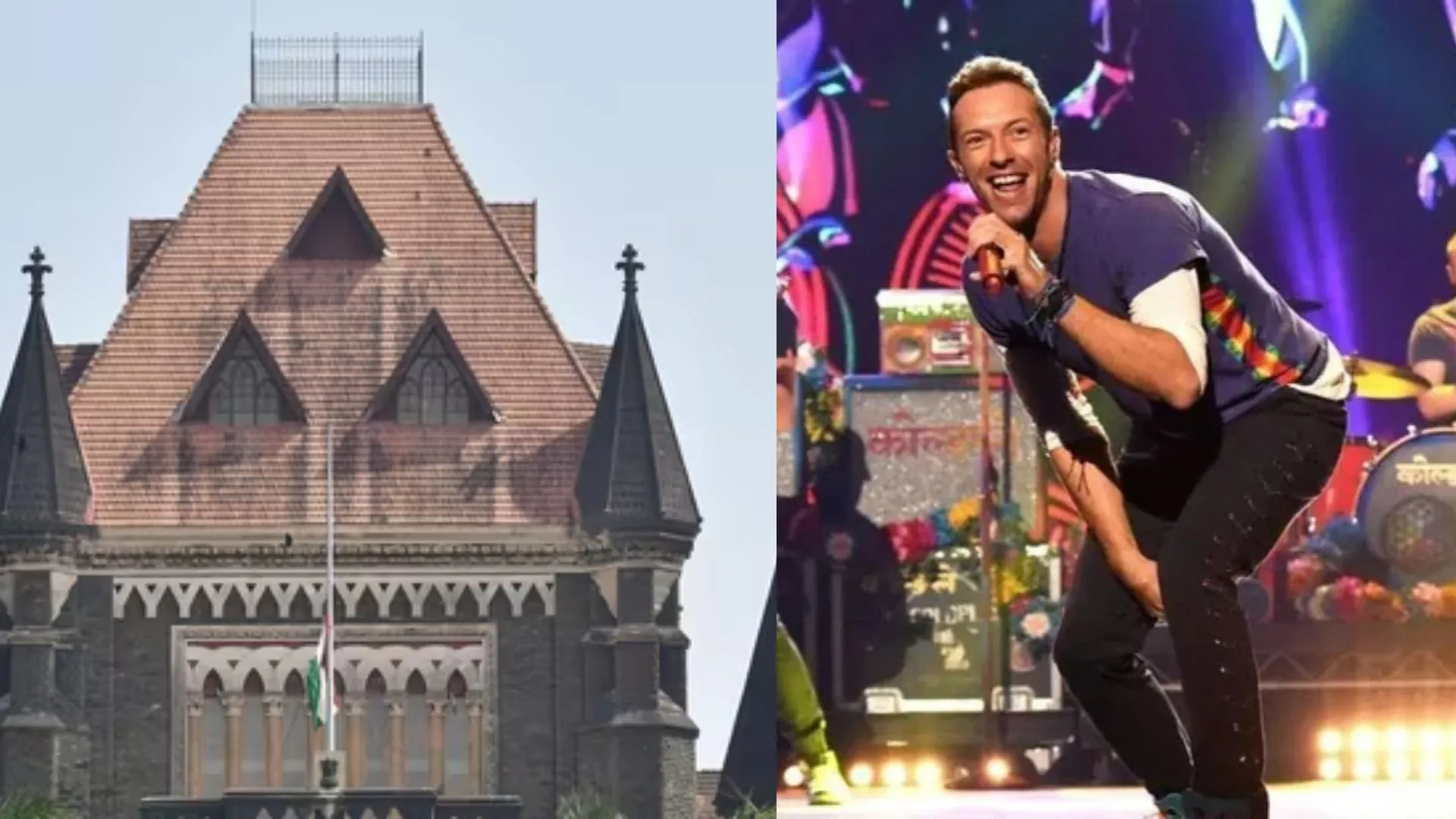The Supreme Court in the case Sabitri Samantaray vs State of Odisha observed here chain of events has been successfully established by the prosecution, from which a reasonable inference is made out against the accused, the Section 106 of the Indian Evidence Act applies to cases.
in light of Section 106 of the Evidence Act the High Court rightly observed that as how the deceased lost his life and the onus was now on the appellants to disclose further the court observed that the appellants have failed to offer any credible defense in this regard and it can be deduced that the entire sequence of events strongly point towards the guilt of the accused appellants the burden was on the appellants to prove it otherwise as once the prosecution had successfully established the chain of events.
in the light of the statements made by all the sets of witnesses, with such an intention when analyzed and the fatal injuries sustained by the deceased at the relevant place and time further the court contended while dismissing the plea that it certainly makes out a strong case that death of the deceased was indeed caused by the appellants. in establishing intention of the accused-appellants for the commission of the offence, the prosecution has succeeded, the Court notice.
whenever an incriminating question is posed to the accused and he or she either evades response, or offers a response which is not true, in a case based on circumstantial evidence then in the chain of events such a response in itself becomes an additional link, when a case is based on circumstantial evidence As Section 106 of the Evidence Act from its burden to establish the guilt of an accused is in no way aimed at relieving the prosecution. where chain of events has been successfully established by the prosecution, it only applies to those cases from which a reasonable inference is made out against the accused.
the Section 106 it merely prescribes that when an individual has done an act and in no way exonerates the prosecution from discharging its burden of proof beyond reasonable doubt Thereafter the onus of proving that specific intention falls onto 9 the individual and not on the prosecution. If the accused had a different intention than the facts are specially within his knowledge which he must prove, with an intention other than that which the circumstances indicate. As the Section 106 of the Evidence Act postulates that the burden of proving things which are within the special knowledge of an individual is on that individual. Although the Section in no way exonerates the prosecution from discharging its burden of proof beyond reasonable doubt, observed by the Bench as the said provisions Since it is all based upon the interpretation of Section 106 Evidence Act, the contentions of either
the bench comprising of CJI NV Ramana, Justice Krishna Murari and the justice Hima Kohli observed and contended whenever an incriminating question is posed to the accused and he or she either evades response or that which being offers a response is not true then such a response in itself becomes an additional link in the chain of event, in a case based on circumstantial evidence.























